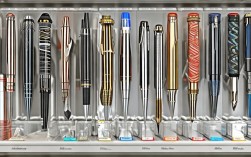The world of transportation is evolving rapidly, with new technologies and innovations reshaping how people and goods move. Whether you're a language learner, a travel enthusiast, or simply curious about the latest advancements, expanding your English vocabulary in this field can be both practical and fascinating. Below is a comprehensive guide to the most relevant terms related to modern transportation.
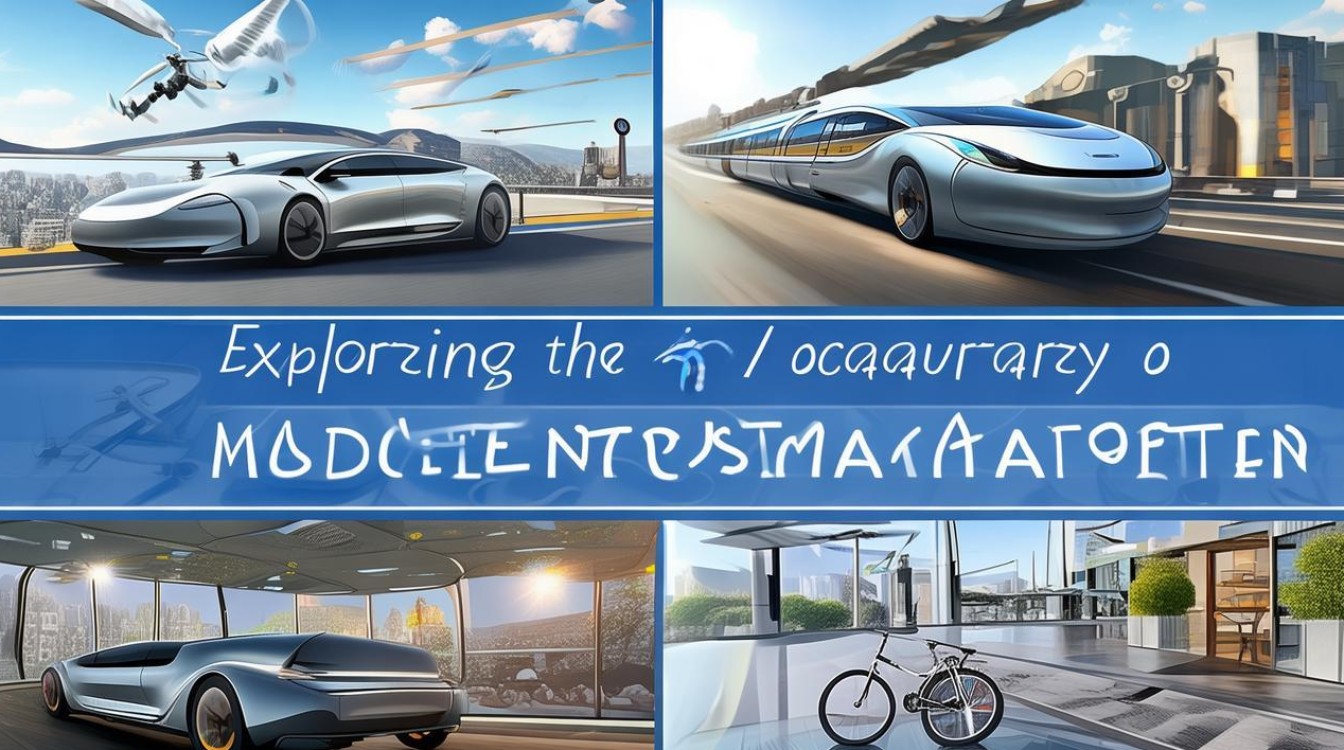
Electric and Hybrid Vehicles
As sustainability becomes a priority, electric and hybrid vehicles dominate discussions. Here are key terms to know:
- EV (Electric Vehicle): A vehicle powered entirely by electricity, using rechargeable batteries. Examples include the Tesla Model 3 and Nissan Leaf.
- BEV (Battery Electric Vehicle): Another term for a fully electric car with no internal combustion engine.
- PHEV (Plug-in Hybrid Electric Vehicle): Combines a gasoline engine with an electric battery that can be recharged by plugging in.
- HEV (Hybrid Electric Vehicle): Uses both an internal combustion engine and an electric motor but cannot be charged externally.
- Range Anxiety: The fear of an EV’s battery running out before reaching a charging station.
- Fast Charging: High-power charging stations that replenish an EV’s battery quickly, often in under an hour.
Autonomous and Connected Vehicles
Self-driving technology is transforming mobility. Key terms include:
- AV (Autonomous Vehicle): A vehicle capable of navigating without human input, classified into levels (0-5) based on automation.
- ADAS (Advanced Driver-Assistance Systems): Features like lane-keeping assist and adaptive cruise control that support human drivers.
- V2X (Vehicle-to-Everything): Technology enabling cars to communicate with infrastructure, pedestrians, and other vehicles.
- LiDAR (Light Detection and Ranging): A sensor system used in autonomous cars to map surroundings in 3D.
- Tesla Autopilot: A widely known semi-autonomous driving system, though not fully self-driving.
Urban Mobility Solutions
Cities are adopting smarter, greener transport options:
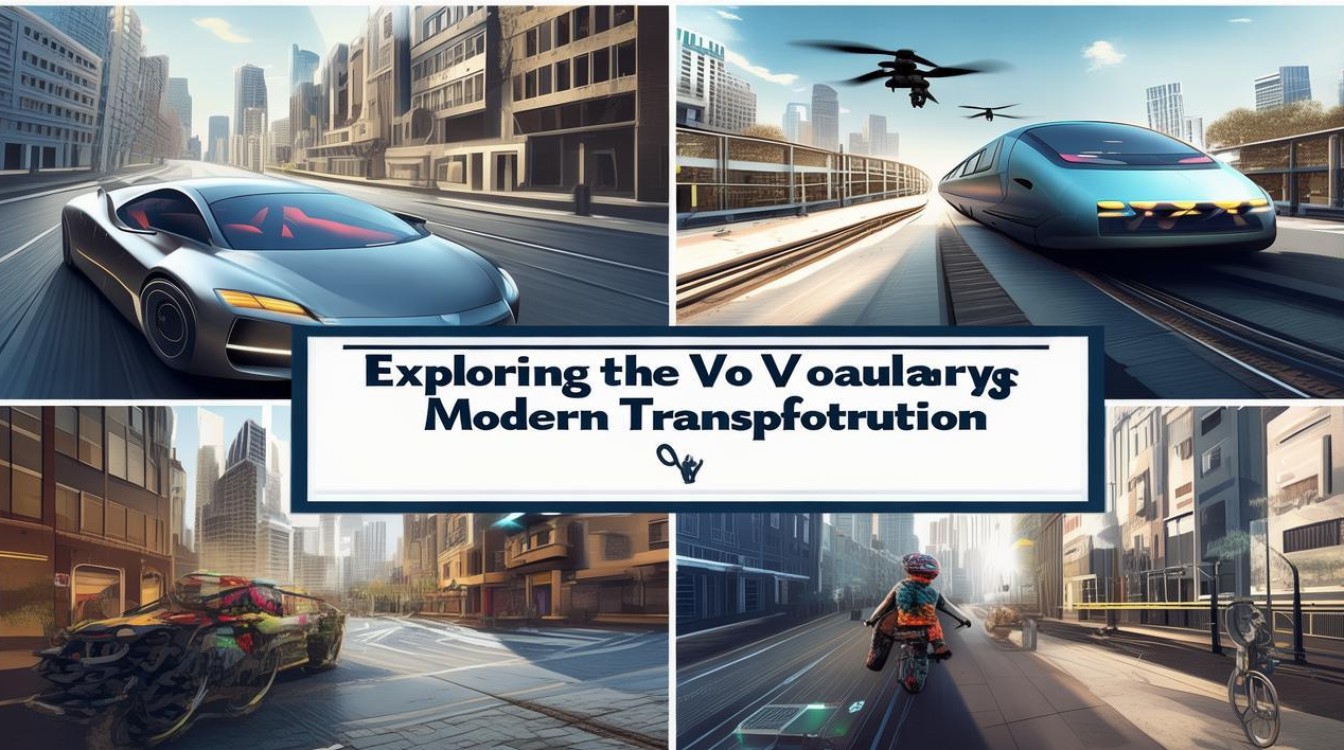
- E-Scooter: Compact, electric-powered scooters available for short-term rental in many cities.
- E-Bike (Electric Bicycle): Bicycles with integrated electric motors to assist pedaling.
- Ride-Hailing: Services like Uber and Lyft that connect passengers with drivers via apps.
- Carpooling: Sharing a car journey with others to reduce traffic and emissions.
- Micro-Mobility: Small, lightweight vehicles such as e-scooters and e-bikes designed for short trips.
High-Speed and Futuristic Transport
Cutting-edge transportation concepts are pushing boundaries:
- Hyperloop: A proposed high-speed transit system where pods travel through low-pressure tubes at near-supersonic speeds.
- Maglev (Magnetic Levitation): Trains that float above tracks using magnetic fields, eliminating friction for extreme speeds.
- VTOL (Vertical Take-Off and Landing): Aircraft capable of hovering and taking off vertically, like futuristic air taxis.
- Supersonic Jet: Aircraft designed to travel faster than the speed of sound, with companies like Boom Aerospace leading development.
Sustainable Aviation and Maritime Terms
Even air and sea transport are going green:
- SAF (Sustainable Aviation Fuel): Biofuels made from renewable sources to reduce aviation emissions.
- Electric Aircraft: Planes powered by batteries or hydrogen fuel cells, still in experimental stages.
- Hydrogen-Powered Ships: Vessels using hydrogen fuel cells to cut maritime pollution.
- Wind-Assisted Propulsion: Modern cargo ships incorporating sails or rotors to harness wind energy.
Infrastructure and Policy Terms
Understanding the systems supporting transport is equally important:
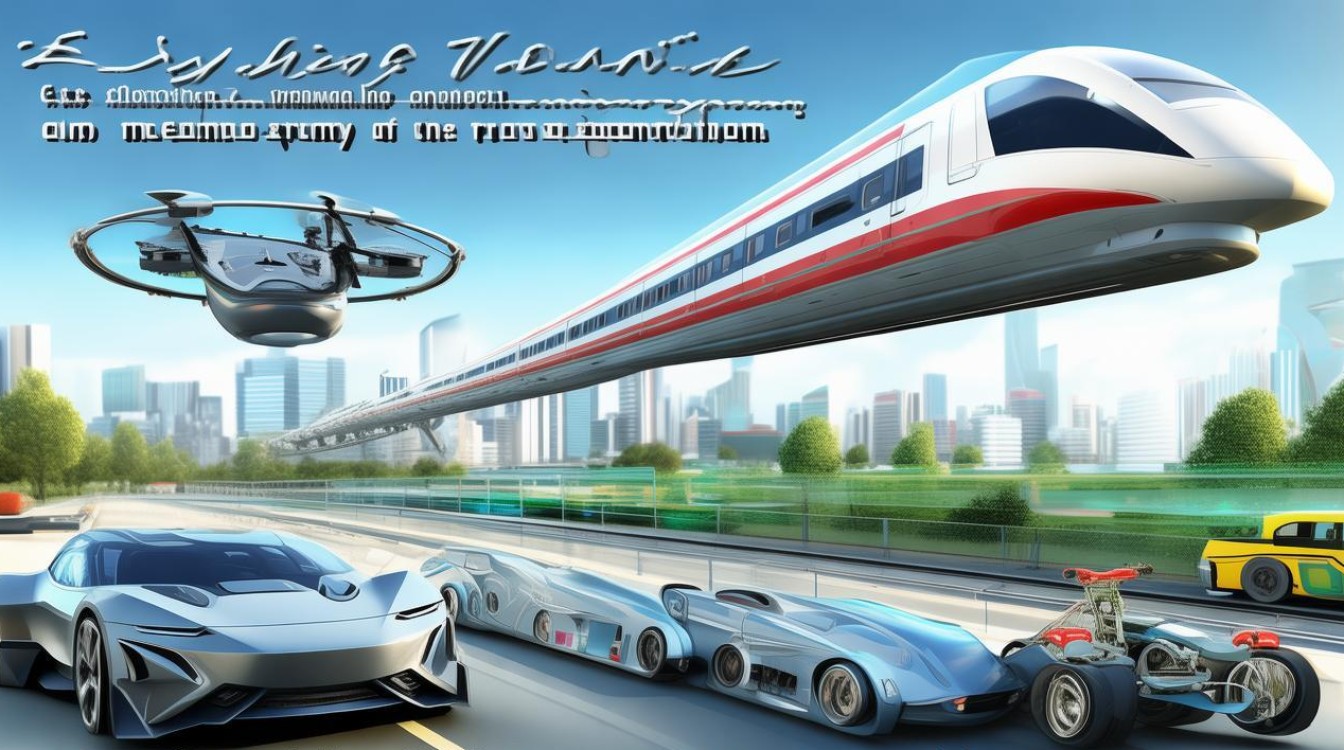
- Smart Highway: Roads equipped with sensors and connectivity to improve traffic flow and safety.
- Congestion Pricing: Fees charged to drivers in busy urban areas to reduce traffic.
- MaaS (Mobility as a Service): Platforms integrating multiple transport options (buses, trains, rideshares) into a single app.
- Bike Lane: Dedicated paths for cyclists to improve safety and encourage cycling.
Slang and Informal Transport Terms
Everyday language includes playful or colloquial terms:
- Gas Guzzler: A vehicle with poor fuel efficiency.
- Beater: An old, worn-out car.
- Gridlock: Severe traffic congestion where movement is nearly impossible.
- Joyride: A drive taken for pleasure, often recklessly.
Why This Vocabulary Matters
Mastering these terms helps in navigating discussions about the future of transport, whether reading news articles, participating in debates, or making informed travel choices. The shift toward sustainability and automation means these words will only grow in relevance.
Language evolves alongside technology, and staying updated ensures you’re part of the conversation. Whether you’re discussing the latest EV models or debating the ethics of autonomous cars, a strong vocabulary empowers clearer communication.
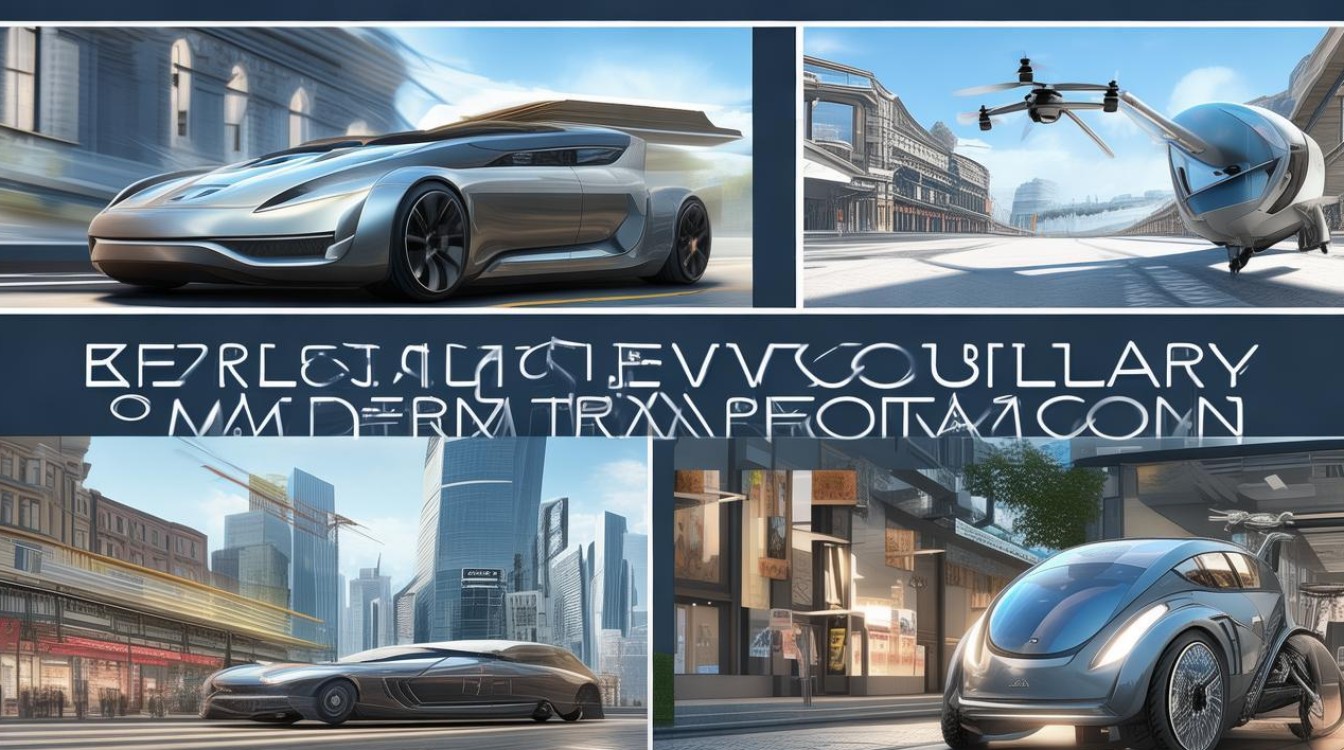
The next time you hear about a new transport innovation, you’ll recognize the terminology and understand its implications. Keeping pace with these changes isn’t just about words—it’s about engaging with the future of how we move.

